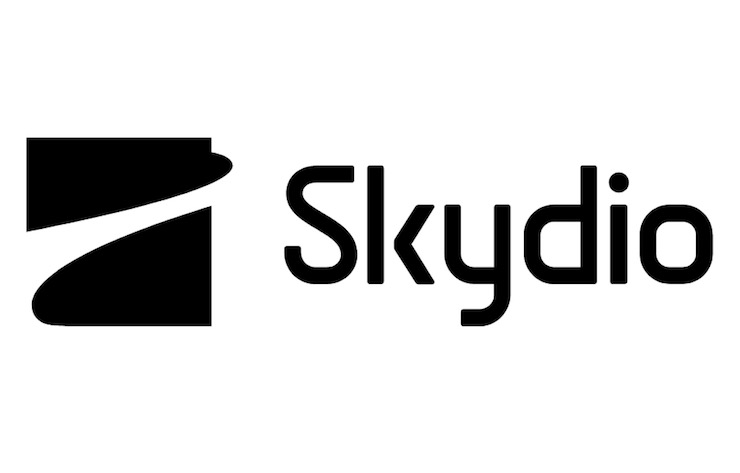
More drone companies in the United States and abroad are beginning to receive expanded authority to conduct Beyond Visual Line of Sight (BVLOS) operations without the need for remote piloting and ongoing flight monitoring. This is especially true in the area of commercial infrastructure inspections, which are typically conducted in isolated areas, away from human and road traffic, reducing the likelihood of death or injuries. With their high-powered zoom cameras equipped with infrared imaging and increased maneuverability, drones can inspect remote and inaccessible areas of a facility faster and more cheaply than grounded-based field inspectors or helicopters – and at all hours, in fair weather and foul. Their ability to yield substantial savings on fuel, labor costs and workplace liability insurance gives them enormous sales appeal.
But despite these obvious advantages, the Federal Aviation Administration (FAA) still imposes restrictions on most drone infrastructure inspections – for example, by limiting inspections to specific projects and locations, and even to specific dates and times of day. These time-consuming and costly restrictions make it hard for infrastructure inspection companies to scale up their operations, greatly reducing their efficiency. There are some notable exceptions. For example, Percepto, the Israeli-owned drone company, enjoys a BVLOS waiver for infrastructure inspections on several kinds of facilities in selected states. Skydio, another industry pioneer, has instituted fully autonomous “drone in a box” infrastructure inspections that have also garnered FAA support. Overall, though, the FAA still exercises great caution in granting such waivers. Most companies need to first pass FAA safety tests and then demonstrate a successful track record in the field. As experience shows, it can take years before the FAA grants a company a more robust BVLOS waiver.
Fortunately, while the FAA remains highly risk-averse, other countries – including China, Australia, and most recently, Japan – are zooming ahead with BVLOS infrastructure waivers. Japan just set a global precedent by granting Skydio, a 13 year old company based in San Mateo, CA, a virtually limitless waiver to conduct BVLOS inspections nationwide. The waiver will allow Skydio to fly anywhere in the country to inspect the full range of commercial and public infrastructure. The company won’t have to register its proposed operations or seek regulatory approval on a case-by-case basis. It won’t even have to provide air traffic controllers with a schedule of its flights; moreover, no ground or video monitoring of the flights will be required. Skydio, in effect, will be as free as a bird.
Two of Skydio’s flagship drones – Drone Dock and Remote Ops – will conduct the Japanese inspections, using state-of-the-art technology unavailable elsewhere. Skydio’s Drone Dock can release an entire fleet of drones to fly autonomously with a single manager using Remote Ops to monitor flights, gather sensor data, and make flight adjustments based on predictive analytics. The drones can fly outdoors in inclement weather but also conduct indoor inspections in GPS-denied areas, including warehouses but also in train and subway tunnels, as needed. Drone sensors are able to detect and avoid obstacles, making crashes and collisions a rarity. No other drone company offers such a comprehensive set of safe and efficient inspection services, now available in Japan, anywhere, anytime.
“This waiver represents a landmark moment for the drone industry, and is already defining the next chapter in drones and delivering enormous value for organizations,” Adam Bry, CEO at Skydio, said last week. “With Skydio Dock and Remote Ops, organizations gain access to real-time data to make decisions that keep their workers safe, make their operations more efficient, and help their communities thrive.”
It’s noteworthy that Japan took this initiative.. In recent months, its civil aviation board has also relaxed its regulations to allow for BVLOS retail drone deliveries to consumers in populated areas. But the BVLOS waiver for Skydio’s state-of-the art infrastructure inspections has even greater business and commercial implications and could also impact the military defense sector. It is a remarkable development that will be watched closely by industry stakeholders worldwide. With any luck, it could trigger similar initiatives by other national governments anxious to stay competitive globally.
|